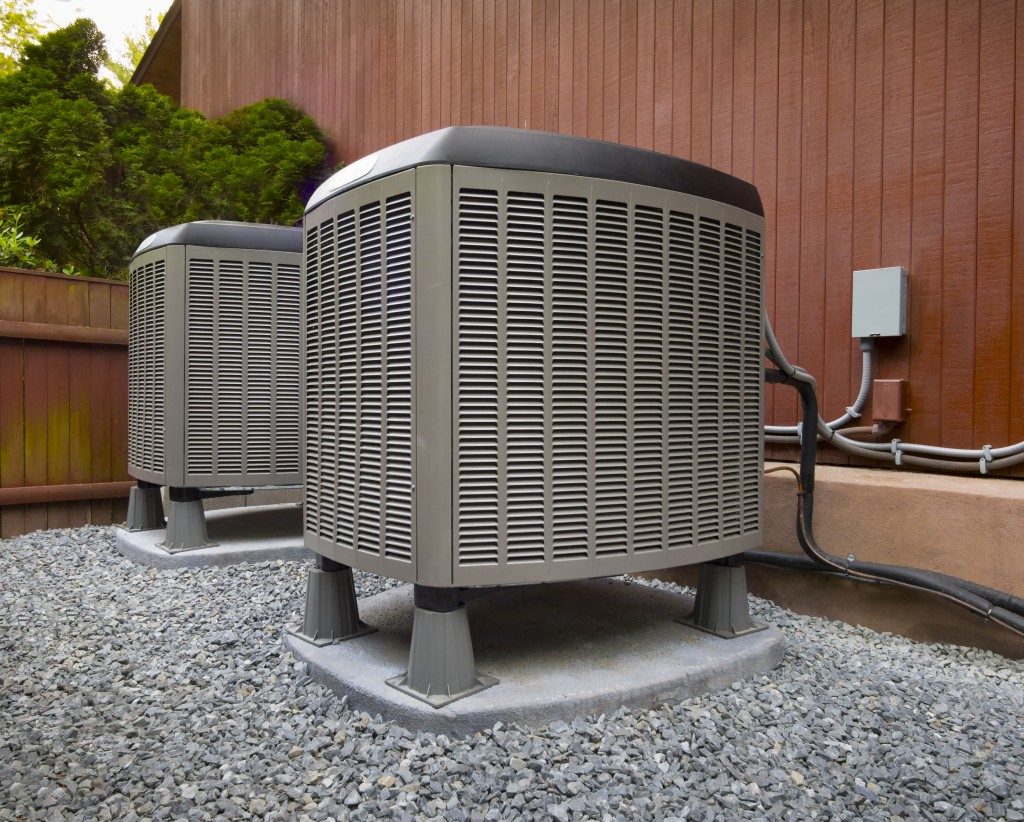Misadventure in the kitchen is the number one common cause of home fires in America. Coming in second place are fires caused by faulty heating equipment. According to the National Fire Protection Association, 52,000 fires caused by heating equipment were recorded between 2012 to 2016, resulting in deaths, injuries, and $1 billion worth of property damage. This heating equipment, however, is called space heaters.
But other heating equipment, like centralized heating systems, can also give you problems. Make sure that you get in touch with your furnace installation and maintenance company in Salt Lake City, Utah, to schedule services for your unit. Here’s how you can ensure that your heating system is safe:
Know When to Be Prepared
Almost half of the home fires caused by heating takes place during the winter, specifically from December through February. This means that you should plan the maintenance of your centralized heating system.
Make sure that you have the contact details of your service provider.
Installation and Maintenance Considerations

Heating systems have some differences, but they generally work in the same way. Here are a few ideas to consider, not only about installation but also the maintenance of a heating system.
- Inspection is key. Experts are united in saying that regular inspection of your heating system is the first thing that you should do, and you have three seasons to schedule these regular inspections. One of the things that need to be inspected is the venting requirement.
- Monitor your heat pump. Maintaining your heat pump is another necessary component of your maintenance schedule. Keeping your heat pump well maintained is even more essential during winter time when it is often used. Your pump might catch some ice deposits during extremely chilly winters. Make sure that the return air flows freely through the airflow. Also, keep debris away from the surrounding area, which could be sucked in accidentally by the return air.
- Filter replacement. If the filter could still be cleaned, that is an option. But don’t hesitate to replace worn down filters. While filter problems might not directly result in fire or other major accidents, you risk your health and welfare, nonetheless. Dirty filters result in airborne dust and allergens affecting air quality and cause attacks such as asthma.
- Duct cleaners. Get the services of a duct cleaning company to make sure that your air ducts are clean and without any blockage from mold or other debris.
- Understand thermostat settings. Knowing how to set your thermostat correctly means you will be able to save on both energy and cost. Cool heat and emergency heat are the standard settings. The emergency mode should only be used when your heat pump has a problem.
- Applying lubricants. For newly installed heating systems, using lubricants in oil ports might not be necessary. But if your unit is old, make sure that you do the lubrication once a year. You can include this as part of your service agreement with your maintenance provider.
These steps will not only deter the possibility of fire and other accidents. There are other benefits as well, like energy savings, increased comfort, and better air quality. Make heating maintenance your habit.
